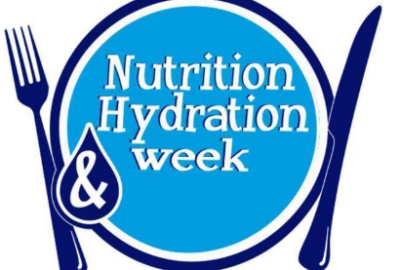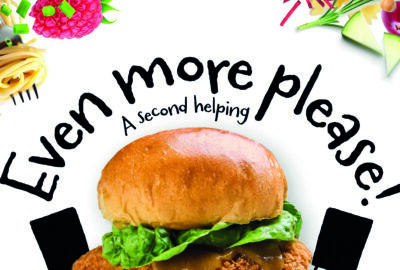Expanding into offering own-label products or gift hampers presents a valuable opportunity for restaurants to boost sales and enhance brand awareness, but those who have branched out will tell you it goes further than that. Being able to offer guests the ability to enjoy your brand at home or provide a unique experience by sharing the secrets of your kitchen with them deepens customer engagement and forges ongoing loyalty. It also gives you the opportunity to provide products which showcase regional cuisines or techniques, so diners get a much better understanding of the craft that goes into your menu.
Small and Simple
While it sounds simple to do, in practice, it can be more challenging as you navigate new food retail legislation, find the right suppliers and packaging options – all this can prove time consuming and distracting when you have a restaurant or café to run. Starting small and keeping your offering simple is the best route initially. That may take the form of a Christmas hamper, or if you are a café – your own blend of coffee beans. Focus on your unique selling point and what your guests currently ask for when they visit to build a potential list of products.
Once you have your range ready, effective marketing strategies are essential for success. Leveraging social media, email newsletters, and in-restaurant promotions can effectively reach current customers. Creating visually appealing and informative displays within the restaurant can also attract interest, this may involve displaying products at the till-point, shelves behind the counter where customers wait to collect their coffee so there is always a visual cue, or the addition of products near a self-service area. If your operation uses menus, think about either re-printing them to highlight in-store purchases or use stickers that can be placed on existing menus to increase awareness. Offering samples or tastings of products in your restaurant can also drive interest and sales.
Brand Identity
Leveraging your brand identity is crucial in promoting retail products. For instance, if your restaurant is known for its artisanal pasta, the same craftsmanship should be evident in your packaged pasta. One of the key factors behind Carluccio’s success with branded goods is the strong association with authentic Italian cuisine. By offering products like pasta, sauces, olive oils, and biscotti that reflect the same quality and authenticity as their restaurant dishes, Carluccio’s ensures consistency and trust. In addition, the strategic placement of products ensures that diners are constantly exposed to retail displays during their visit, increasing the likelihood of impulse purchases.
On a smaller scale, Dishoom have also taken the plunge into retail, offering chai tea blends, house-made sauces and cook books, Grind (a group of café-bars in London) sell their own line of coffee beans, compostable coffee pods and accessories, and Ibérica have just launched their own authentic Spanish risotto kits.
Whether yours is a multi-site organisation or single store independent, selling your own range of products can enhance your turnover and help you break into new markets – especially with Christmas coming. However, it is not for the feint-hearted, so starting small and with products that can easily extend into retail is advisable, growing steadily on strong foundations to ensure you do not over-extend yourself.



